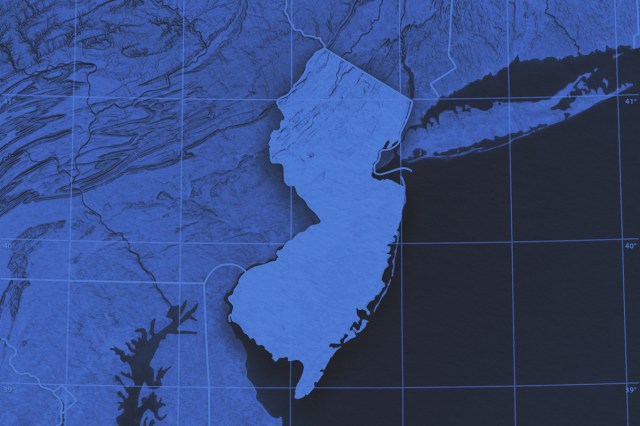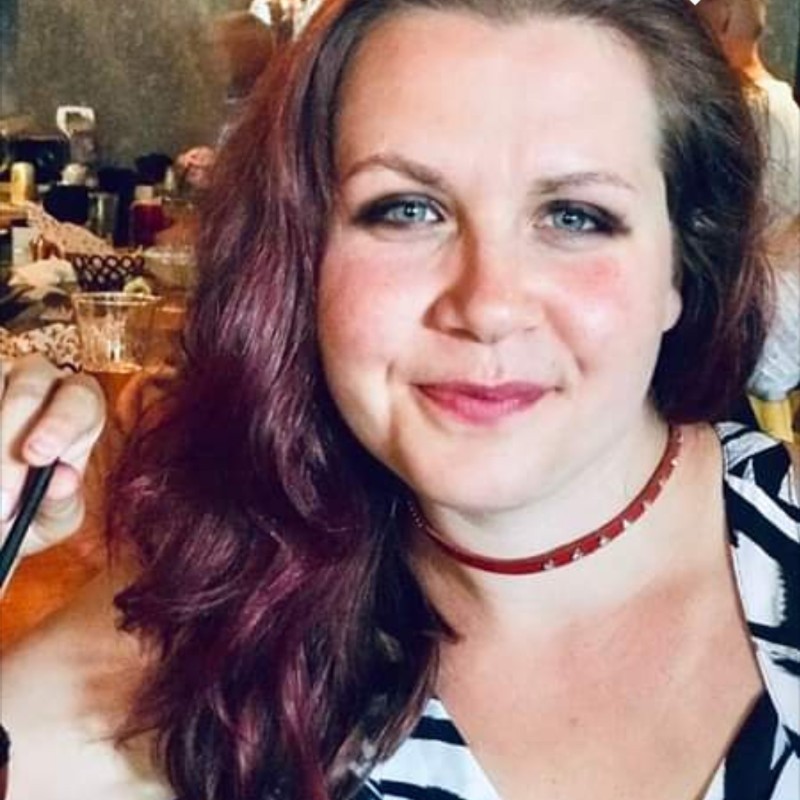
In a country as large as the United States, it’s natural that certain regions have their own lingo. Differences in how people pronounce certain words, or what they call certain things, are markers of where a person calls home. For example, when a server takes your drink order, do you ask for a soda or a pop? Based on your answer, we can tell what part of the country you’re from (unless you ask for a Coke).
Whether it’s “hoagie” (a sub sandwich in Philadelphia) or “freeways” (the roadways that bring drivers from point A to point B in California), some words just point to a specific place. For a visual representation of these linguistic differences, take a look at the work done by Joshua Katz, a former Ph.D. student of statistics at North Carolina State University, while he was a graphics editor at The New York Times. And dive in further to explore the range of American slang with some of these terms from around the country.
Ayuh
Pronounced “ah-yuh,” this word works in a similar way to “yup” or “yeah” in Maine. The history of the word “ayuh” is sparse, but it’s likely that it comes from the nautical word “aye,” which also means “yes.” While it has fallen out of favor with younger Mainers, Stephen King (who famously grew up in the state) uses the word often in his novels.
Cattywampus
Whether it’s spelled “cattywampus” or “catawampus,” this Southern slang describes something that is either literally or figuratively crooked. Some sources attribute it to Alabama, while others claim North Carolina, but it can be used all over the South to mean “a big old mess.”
Glawackus
The Glawackus is a cryptid (mythical creature) from Glastonbury, Connecticut. The story of the Glawackus arose from real events: In the late 1930s, The Hartford Times reported that farm animals were being killed, but the cause was unknown. “Glawackus” (a combination of “Glastonbury,” “wacky,” and “us”) was coined when The Hartford Courant used it to explain the random animal deaths.
Jughandle
While Massachusetts drivers use “rotaries,” New Jersey drivers use “jughandles,” a specific kind of traffic loop. If an intersection doesn’t allow left turns, a driver can proceed through the intersection to the jughandle — a right turn that loops them back around to the intersection to go straight through, completing what would have been the left turn.
Elsewhere in the country, visitors to Michigan might be confronted with the “Michigan left,” a traffic pattern that must be experienced to be understood.
Caramel
Along the East Coast, you’ll find people pronouncing this sweet treat with three syllables, “carr-a-mel.” Once you start moving west, you’ll hear people asking for this gooey dessert with two syllables, “car-ml.”
Been
Residents of the far northern United States have adopted the Canadian pronunciation of “been,” with the “ee” pronounced like the “e” in “set.” Across the rest of the country, “been” is said with a vowel sound like in “sit.”
Crayon
“Crayon,” with the “y” smack in the middle, leads to some interesting pronunciation differences around the U.S. Mostly on the East Coast, you’ll hear “crayon” with two syllables: “CRAY-ahn.” On the other side of the country (and in Maine, for some reason), you’re more likely to hear it pronounced “cray-AWN,” where the second syllable rhymes with “dawn.” And you might get a few outliers in the Midwest who make it a short and sweet “cran.”
Lawyer
The Southern accent is especially interesting when it comes to legal advice. Across the southeastern United States, you’ll hear folks asking for a “LAW-yer,” with a first syllable that rhymes with “saw.” Elsewhere, people want to consult a “LOY-er.”
Jawn
“Jawn” is used almost exclusively in Philadelphia, Pennsylvania. Researchers believe the word evolved from “joint” in the 1970s. “Jawn” can mean multiple things, depending on the context. The closest comparison to this all-purpose noun would be “thing” — “Are you going to the thing?” “Can you grab that thing?” “I need to take that thing to the garage.”
“Jawn” works in the same way.Need to remind someone to bring food to the cookout? “Don’t forget the jawn.” Or it can be used to compliment a great pair of shoes. “Those jawns are so cool!” Any Philadelphians will also understand the request to “bring that jawn to the jawn.”
Y’all
What do you call a group of people? In the South, you’d say, “y’all.” (Do you know the plural of “y’all”? “All y’all.”) But across the rest of the country, it’s often “you guys” (even if there are women in the bunch). You’ll also hear “you guys” around the southern tip of Florida. In Pennsylvania, meanwhile, they say, “yinz.” Try out this nongendered word and say, “Hey, yinz!” or “Are yinz coming over after the game?”
Mayonnaise
The pronunciation of the popular sandwich and salad condiment can’t be agreed upon. In most of the South and along the East Coast, you’ll hear it with two syllables, “MAN-aze.” But in the West and especially close to Canada, you’ll hear three syllables, “may-uh-naze.”
Pajamas
Do you go to sleep in “pa-jam-as” or “pa-jah-mas”? If you’re in the West, or around the Great Lakes, you probably pronounce it with a second syllable that sounds like “jam.” Across the South, the middle vowel sound is similar to the “a” in “father.”
Wicked
In Boston, “wicked” is an adverb that means “very” or “really.” People get wicked excited for a Red Sox game, and they get wicked pissed when the Bruins lose a game. There’s not a clear explanation for how or when Bostonians started using “wicked,” an adjective that means “evil,” as an emphasizing adverb, but it was popularized outside of Boston through entertainment such as the movie Good Will Hunting.
Pecan
Americans are torn over how to pronounce this nut. In Texas, Louisiana, and Mississippi, you eat “pick-AHNs.” In the Northeast, it’s “PEE-can.” In Wisconsin and Michigan, you’ll hear “PEE-kahn.” But the most popular pronunciation nationwide is “pih-KAHN.”
Pop
What kind of carbonated beverage are you drinking? In the South, if you ask for a Coke, the answer will be “What kind?” In the Midwest, they drink pop, and in the Northeast and West, they drink soda.
Syrup
In a few patches along the Northeast corridor, you’ll find folks asking for “SEAR-up.” However, the rest of the country agrees that “SIR-up” is the proper pronunciation for the sweet stuff you use to coat your pancakes.
Hoagie
What do you call a sandwich on a long bun with cold cuts, lettuce, tomato, and other condiments? Most of the country agrees that this is a sub, but if you’re in Philly, you’ll want to ask for a hoagie.
Drinking Fountain
This one is pretty clear: The West Coast calls it a drinking fountain, while the East Coast calls it a water fountain. Then there are the outliers in Wisconsin and Rhode Island who drink from a bubbler.
Sneakers
In South Florida and in the Northeast, you wear sneakers. Across the rest of the country, you wear tennis shoes, even when you’re not holding a racquet.
Freeway
Across most of the country, you get from point A to point B using the highway. But if you’re in California, you drive on the freeway.















